In the middle of a sidewalk in Seoul, one of the world's largest cities, a monument honors the American general who inspired his Soldiers to grab victory from the jaws of defeat.
"Stand or die!" said then-Eighth U.S. Army Commanding General Lt. Gen. Walton Walker, delivering a pivotal boost of battlefield inspiration to his beleaguered and besieged troops during the darkest days of the Korean War.
A highly decorated veteran of both world wars, Walker visited the most precarious points along the frontlines and poured steel into his Soldiers' spines as they prepared to battle North Korean forces who were bent on expelling them from the last corner of the country.
In the summer of 1950, United Nations forces were boxed into an area behind the Naktong River that was only 50 miles wide by 80 miles long.
Eighth Army was quickly running out of space to trade for time, said Ronney Miller, Eighth U.S. Army historian.
Inside this area that news reports dubbed the "Pusan Perimeter," Eighth Army Soldiers repelled attack after attack, allowing UN forces to grow in strength.
Their tenacity at Pusan led to triumph at Incheon. Eighth Army's decisive stand at the Pusan Perimeter enabled Gen. Douglas MacArthur to launch Operation Chromite, where the U.S. Army's X Corps and the 1st Marine Division poured ashore in Incheon and turned the tide of the war.
The Incheon amphibious assault cut off and scattered enemy forces, allowing UN forces to break out from the Pusan Perimeter and pursue the enemy all the way to the border with China.
Hundreds of thousands of communist Chinese soldiers soon crossed the Yalu River to join forces with the North Koreans and the frontlines see-sawed back and forth, with Seoul changing hands three times, before settling close to the current demilitarized zone.
Through smoldering summers and frigid winters, the bloody conflict dragged on until an armistice was signed, July 27, 1953, in Panmumjom, ending active hostilities. A peace treaty never followed.
"Eighth Army served as the only field army on the peninsula during the course of the Korean War," said Miller, adding that Eighth Army was supported by the I Corps, IX Corps, X Corps, 1st Cavalry Division and the 2nd, 3rd, 7th, 24th, 25th, 40th and 45th Infantry Divisions as well as the 1st Marine Division, 187th Airborne Regimental Combat Team and 5th Regimental Combat Team.
American Soldiers earned 80 of the 113 Medals of Honor awarded during the Korean War, with the Marines earning 42, the Navy seven and the newly formed U.S. Air Force its first four. Three U.S. Army posts in Korea today memorialize Army Medal of Honor recipients: Camps George and Henry in Daegu and Camp Red Cloud in Uijeongbu.
The mayor of Seoul's Dobong-gu District honored Walker in December 2009 by unveiling the monument for him near the intersection where he died in a non-combat-related auto accident in 1950. Walker was posthumously promoted to four-star general. Not far from the monument is Walker Hill, the site of Seoul's posh Sheraton Walker Hill Hotel. A statue of Walker, unveiled in June, greets visitors at the entrance to the Eighth Army headquarters in Seoul.
Today, Walker holds a place of high honor in Korea along with other legendary U.S. Army generals like MacArthur, Gen. Matthew Ridgeway and Lt. Gen. James Van Fleet.
"We are walking in the footsteps of giants here," said current Eighth U.S. Army Commanding General Lt. Gen. Joseph F. Fil Jr. "This is where our Soldiers repelled communist aggression and provided the peace and stability that have enabled one of the great modern success stories of the 20th century, the rise of the Republic of Korea into a global economic, political and cultural force."
Fil said he is proud to lead the same Field Army that Walker, Ridgeway and Van Fleet took into battle during the Korean War.
"It is truly an honor to command Eighth Army," said Fil, who served as the 1st Calvary Division and Multi National Division-Baghdad commanding general before assuming command in Korea.
While acknowledging the senior American Army leaders who led the fight here during the Korean War, Fil credited the men and women who serve in Eighth Army today with its continued success.
"It is our people who uphold the storied legacy of this great warfighting formation," said Fil. "Generations of Soldiers have made it possible for Eighth Army to not only repel the enemy 60 years ago, but also to maintain peace and stability here ever since."
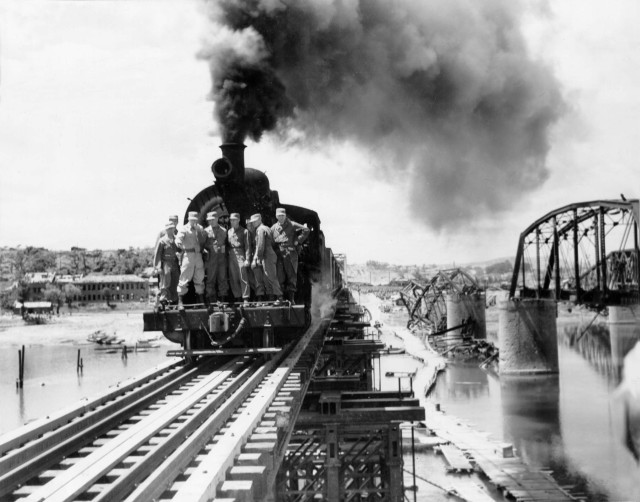
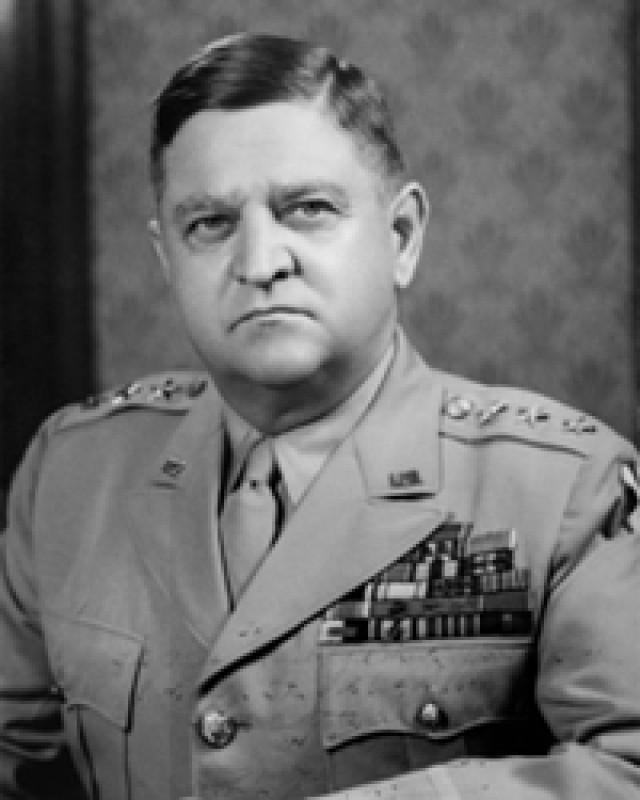
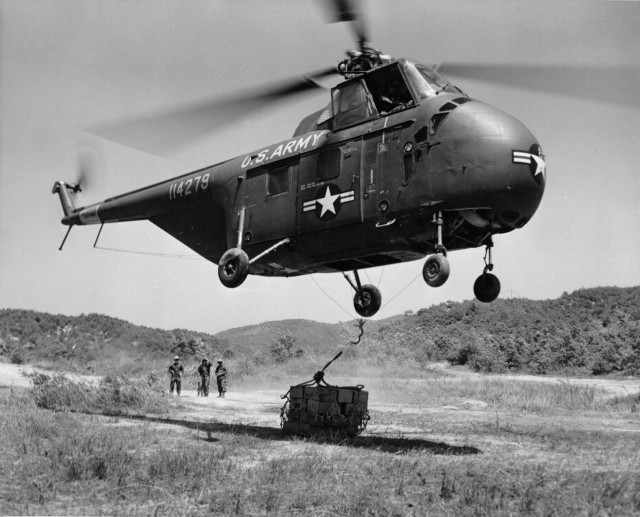
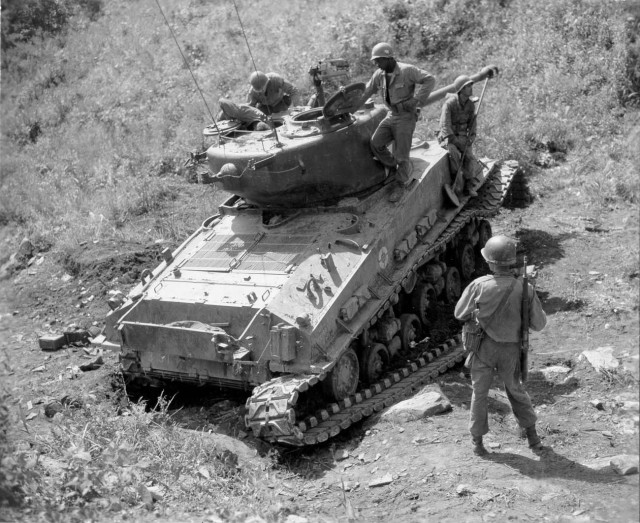
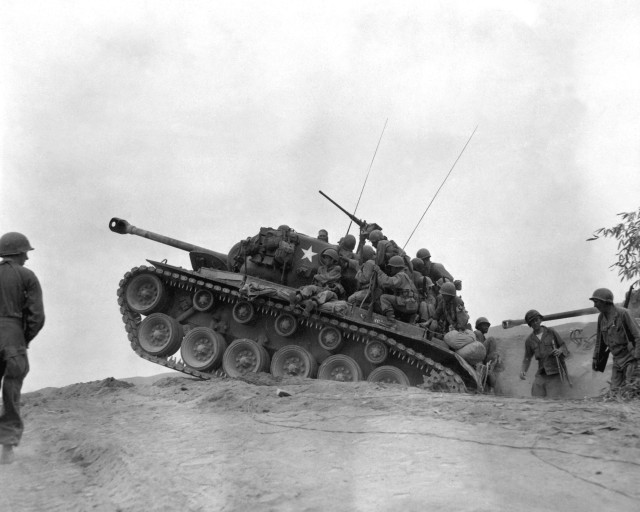
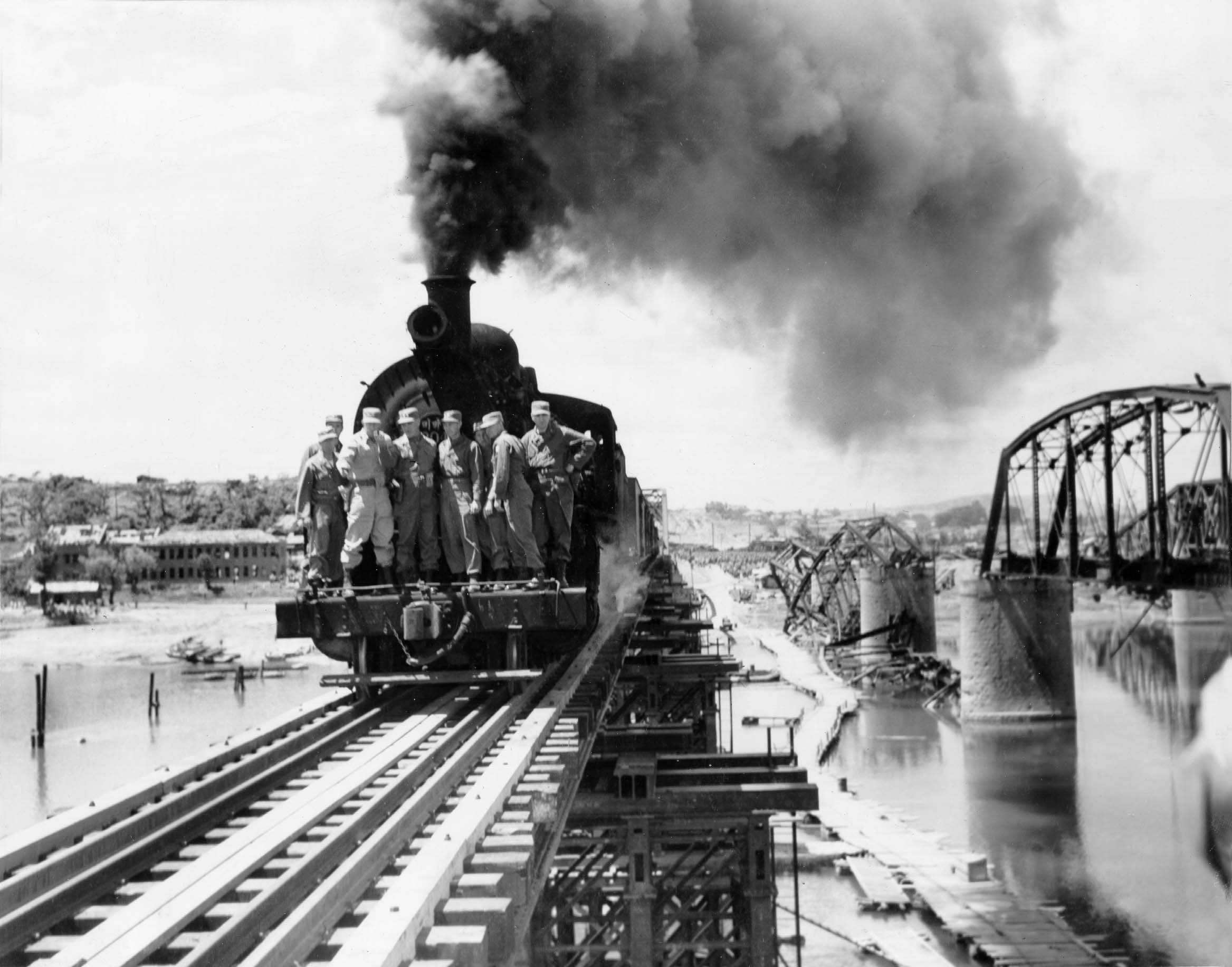
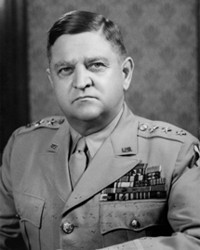
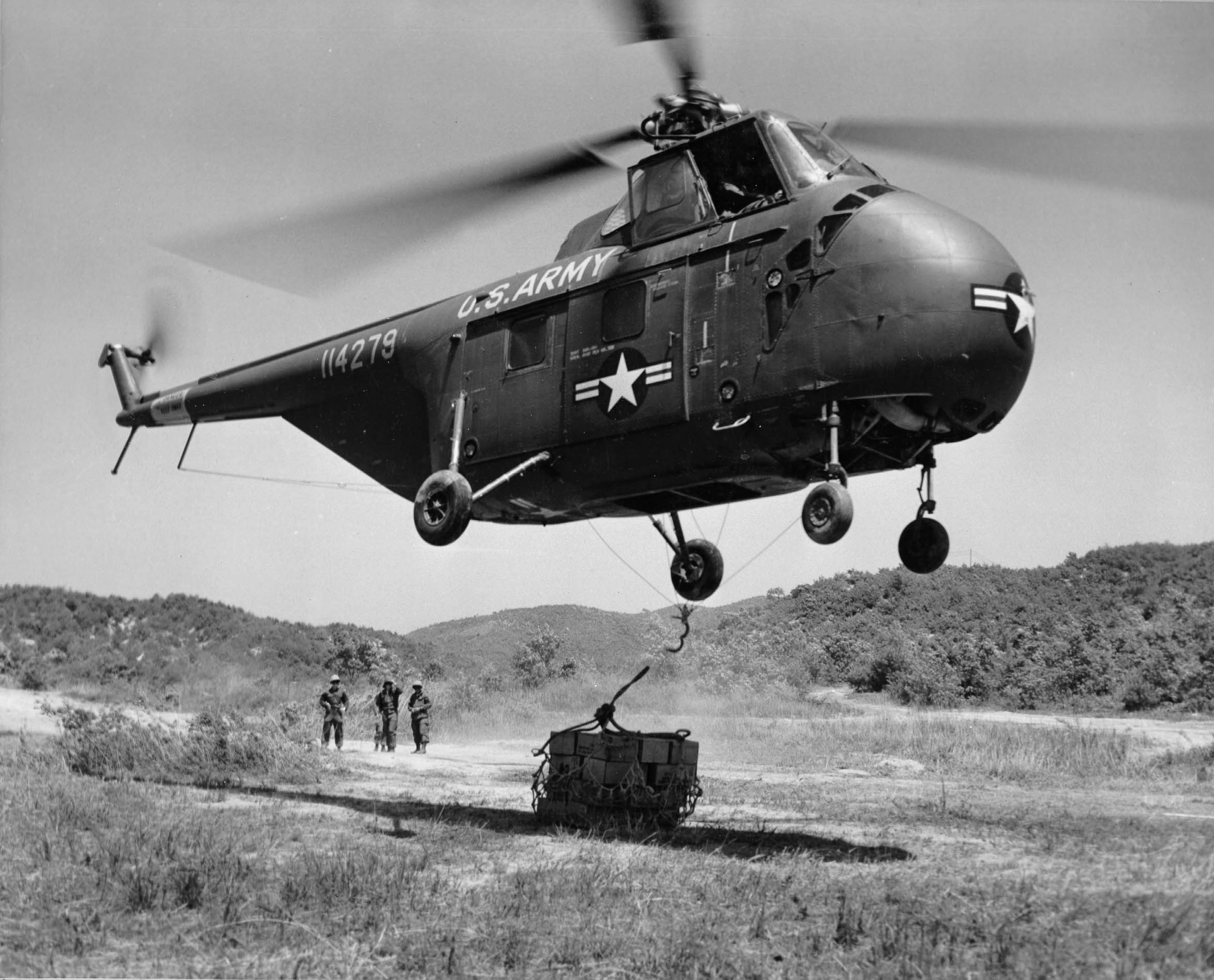

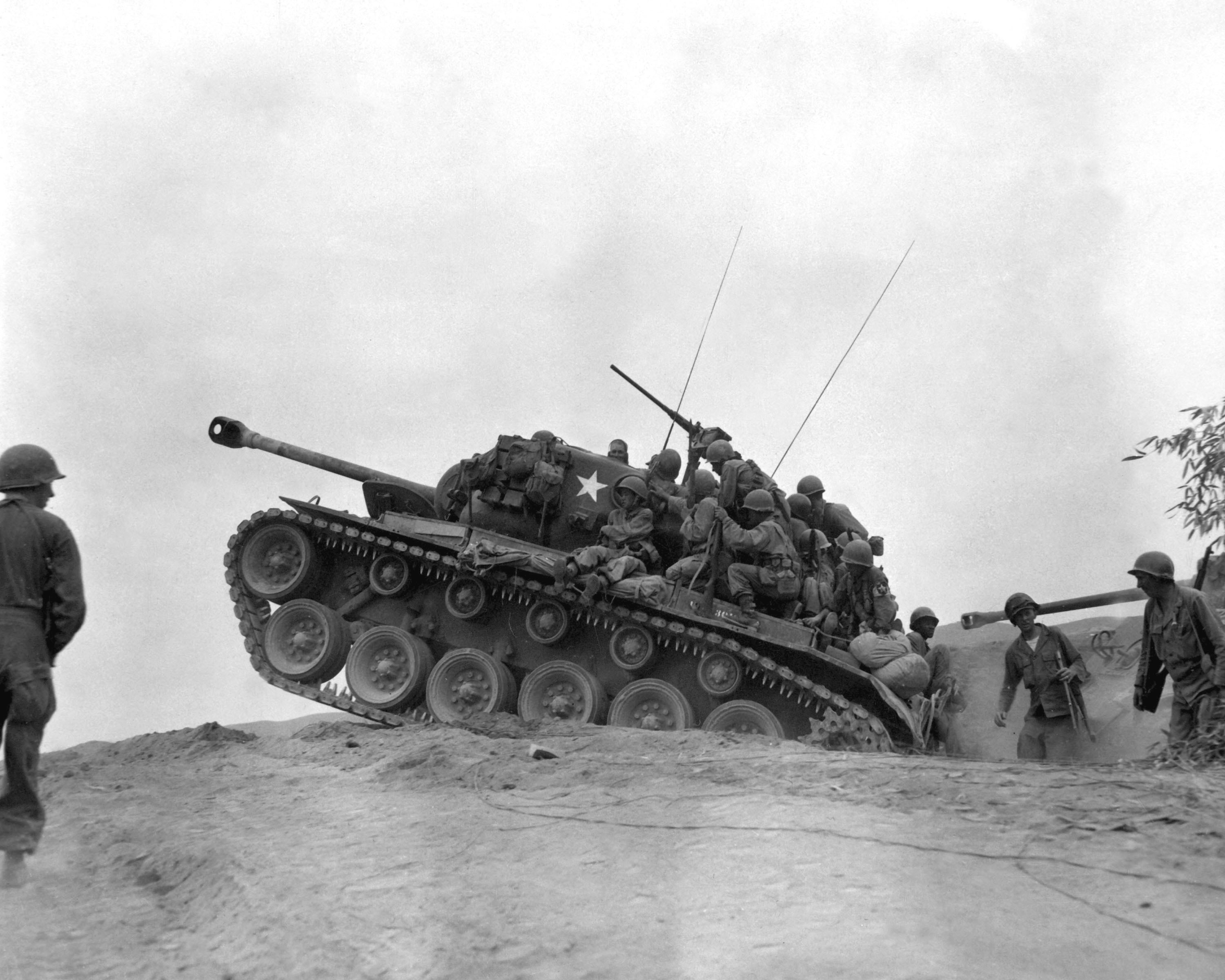
Social Sharing